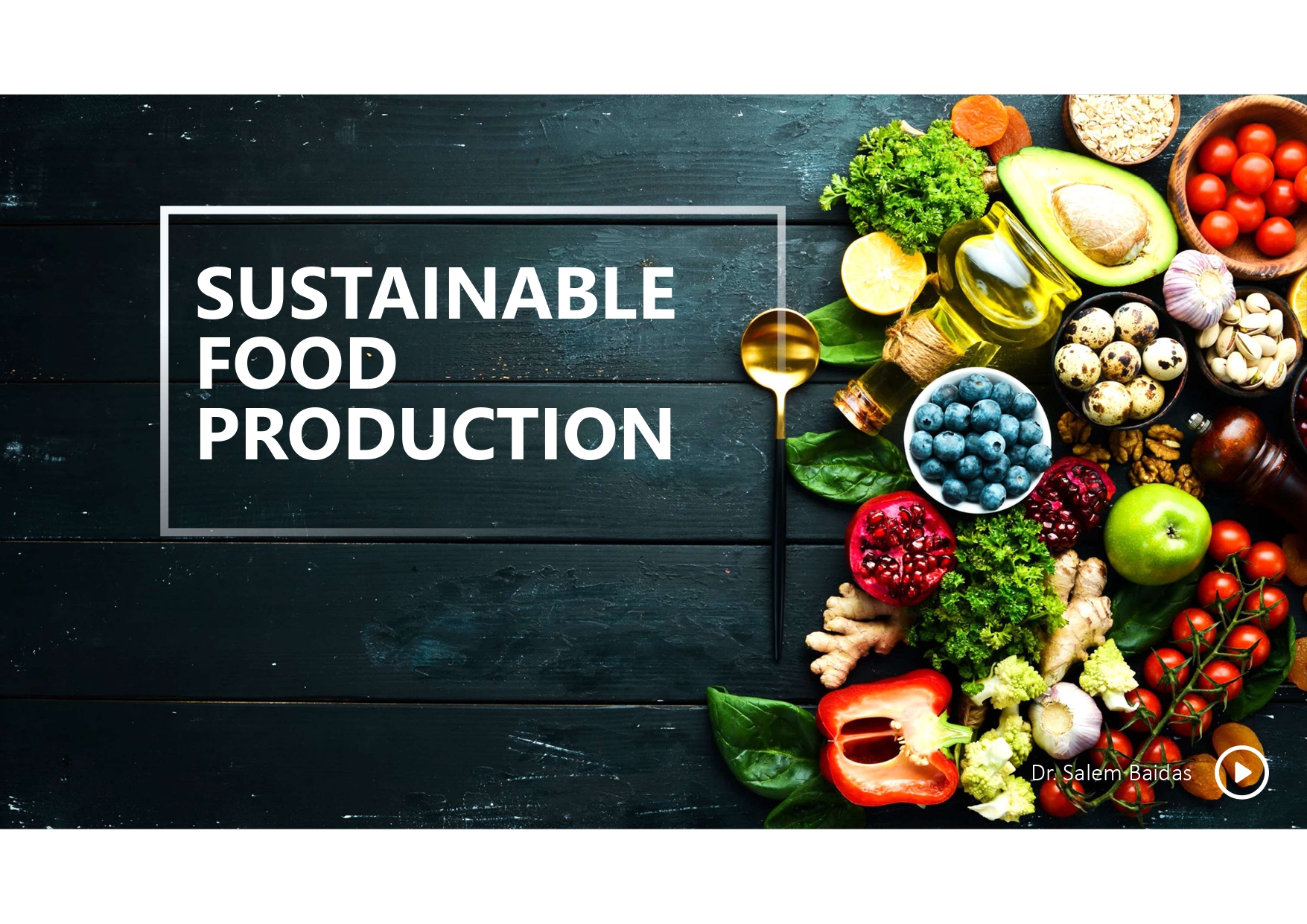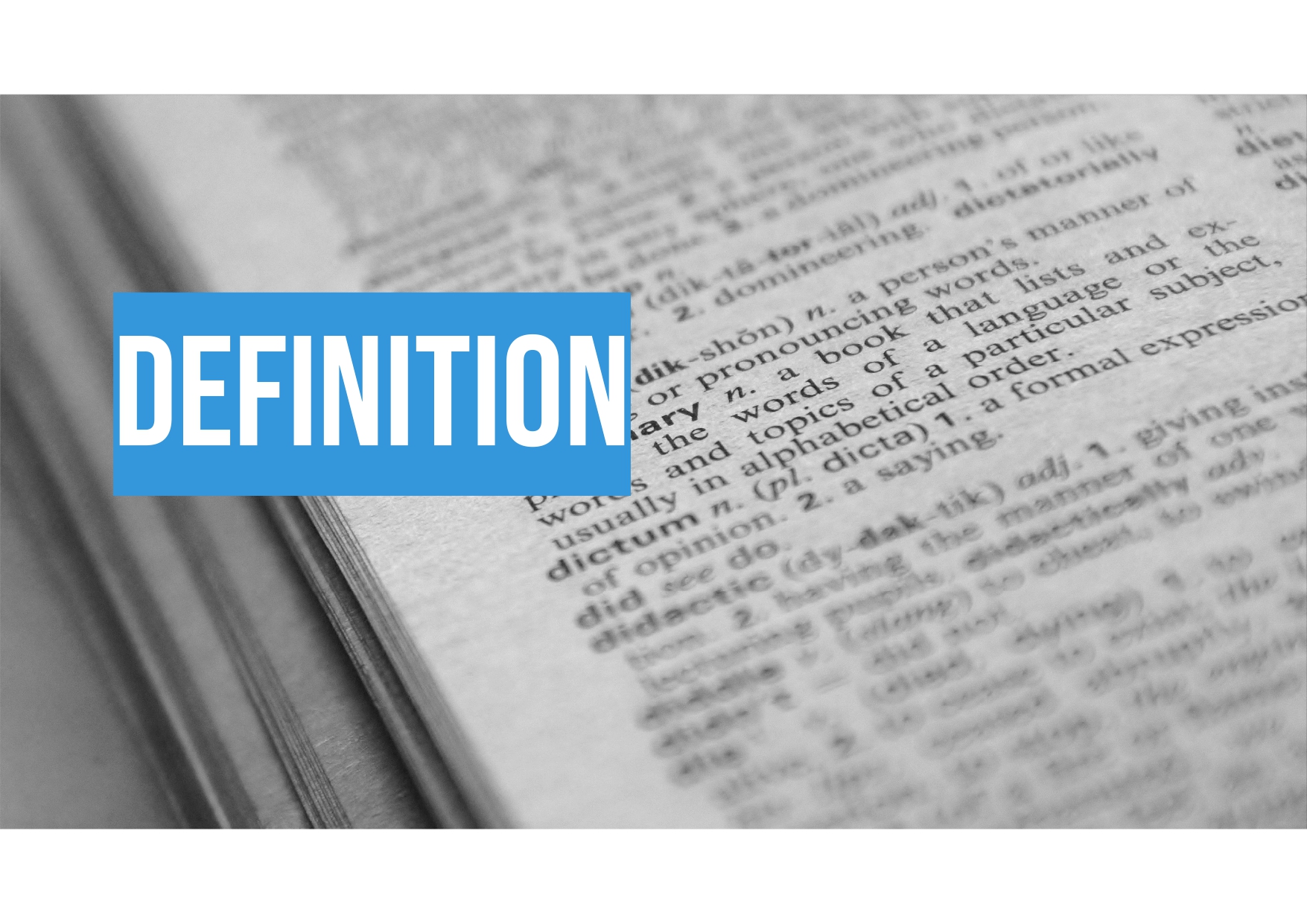Sustainable Food Production
January 2024 – Sustainable Food Production is a modern approach to food production using processes that are non-polluting, resource and energy efficient, and economically viable. The food production industry includes agriculture: farming crops, livestock, and seafood. By 2050, the world population is expected to reach 9.1 billion, requiring a 70% increase in food production, and reliance on more sustainable food production to meet demand and mitigate the environmental impacts associated with conventional food production. Strategies include using resources efficiently, protecting resource quality, using sustainable packaging, and reducing food waste and food loss. In 2014, at the Second International Conference on Nutrition (ICN2), the Rome declaration on nutrition was adopted to enhance the sustainability of food systems worldwide.
In this slideshow, you will learn about the definition, impacts, strategies, benefits, challenges, UN policy, and global statistics of sustainable food production.
















